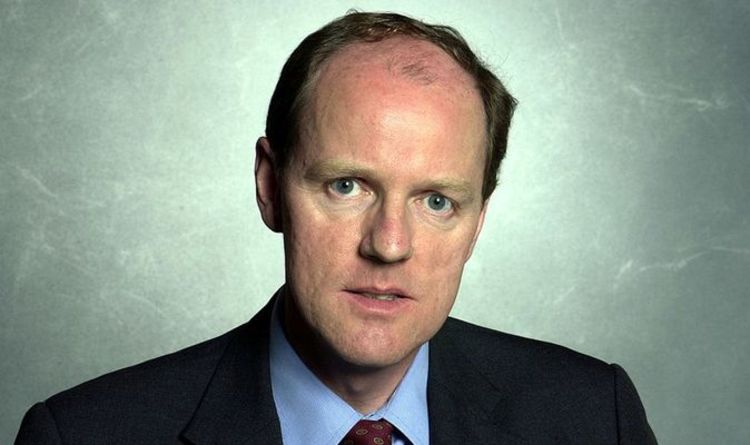

He also submitted a letter of no-confidence to the chair of the 1922 Committee, Sir Graham Brady. The former schools’ minister represents the constituency of Bognor Regis and Littlehampton and has served under three Prime Ministers, including Mr Johnson. Mr Gibb voted Remain at the 2016 EU referendum, whereas the majority of his constituents voted leave.
According to analysis carried out by Professor Chris Hanretty, 64.8% of voters in Bognor Regis and Littlehampton were in favour of quitting the European Union.
In an op-ed for the Daily Telegraph, Mr Gibb explained the reasoning behind his decision to call for the resignation of the Prime Minister.
He claimed that his constituents were “furious about the double standards” and alleged that Mr Johnson had been “inaccurate” in his statements to the Commons.
However, his remarks provoked an angry reaction from Conservative voters on social media, who were quick to rally to the support of the Prime Minister.
One user, called Blue Streak, posted on Twitter: “Nick Gibb MP is a total disgrace.
“I’m glad to say that come the next election, because of boundary changes, he will no longer be my MP, Andrew Griffith, Head of Policy at No 10, and a loyalist, will be my MP.”
Another with the Twitter handle avor_lawre wrote: “To restore trust, the Tory Gov. needs to get rid of MP’s [sic.] who have not been and are now, still not standing by the PM the people elected.”
While Sally Jane Isfree said: “They just announced on BBC2 that Nick Gibb MP has written to the 1922 committee saying that he has no confidence in Boris Johnson!
“He is our local MP and us 1950s women have no confidence in him either.
“He gave us no support for our just cause.”
READ MORE:Major car tax changes delayed after months of criticism from drivers
The 1950s women campaigners are protesting against the Government decision to make the retirement age for both men and women 66.
However, women born in the 1950s had long expected to retire at the age of 60.
Mr Gibb was a surprise casualty of the Government reshuffle carried out last September when he was sacked from his post as an education minister by Mr Johnson.
The Bognor Regis and Littlehampton MP had served for nine years at the Department of Education prior to his removal.
At the time, he tweeted that it had “been a privilege to play a part in helping improve the life chances of the next generation”, adding he was “sad” to be leaving.
Mr Johnson has come under increasing pressure from within his party over the Partygate furore and has desperately been trying to shore up his support among his backbenchers.
DON’T MISS:
Priti Patel warned over refugees: ‘Be honest with the public’ [REVEAL]
Rishi Sunak must wait to win the premiership, says PATRICK O’FLYNN [OPINION]
The four people who could join the PM’s new team [INSIGHT]
Mr Gibb is one of nine Tory MPs, who have publicly declared that they have sent in letters of no confidence in the Prime Minister.
A further five have openly called for Mr Johnson to resign.
The Prime Minister also suffered a further blow to his credibility after one of his closest aides unexpectedly resigned on Thursday.
Munira Mirza quit her post as Mr Johnson’s policy chief after the PM accused Sir Keir Starmer of failing to prosecute Jimmy Saville during his time working at the Crown Prosecution Service.
In her resignation letter to the Prime Minister, as published by The Spectator magazine, Ms Mirza wrote: “I believe it was wrong for you to imply this week that Keir Starmer was personally responsible for allowing Jimmy Savile to escape justice.
“There was no fair or reasonable basis for that assertion. This was not the usual cut and thrust of politics; it was an inappropriate and partisan reference to a horrendous case of child sex abuse.
“You tried to clarify your position today but, despite my urging, you did not apologise for the misleading impression you gave.”





More Stories
“It’s All About Value” – Inside the Bailie Hotel’s Unbeatable Rates
Uncover the Mysteries: Detective Pack’s New Jack the Ripper Tour Debuts in London’s Whitechapel
Local Gem in Bailieborough : Rave Reviews for The Bailie Hotel with Irish Hospitality